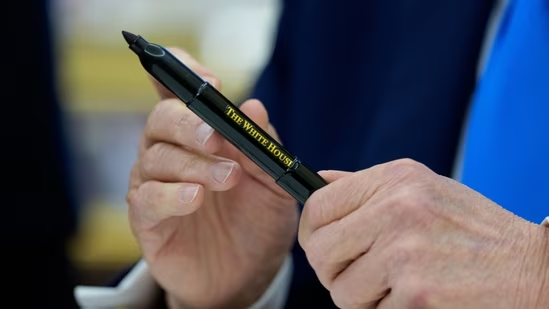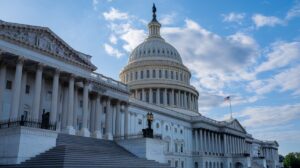H-1B Visa Fee Hike: Why the $100,000 Change is a Turning Point for Indians
In the wake of Trump’s latest executive order, the H-1B visa fee hike to a staggering $100,000 annually per worker is set to reshape migration, tech jobs, and innovation globally—and India, as the biggest single beneficiary of H-1Bs, stands to feel the impacts the hardest.
The announcement has sparked urgency among companies and workers, triggered legal debates, and ignited hope in India that this might be the moment to reverse brain drain.
What Exactly Has Changed Under the New Policy
The U.S. administration has issued a proclamation effective September 21, 2025, mandating companies sponsoring H-1B workers from abroad to pay $100,000 per year per employee as part of the visa petition.
Previously, H-1B sponsorship fees—depending on variables like company size and whether it’s a new hire or extension—ranged broadly in a much lower bracket (a few thousand dollars). The new rule is a dramatic spike.
Employers are required to include this payment when filing or supplementing petitions. Without it, entry into the U.S. for new H-1Bs (or those abroad) will be denied.
Who Bears the Brunt: Indians and the U.S. Tech Sector
Indians hold approximately 70–71% of H-1B visas issued annually—making them the largest group affected by this fee hike.
Major companies like Microsoft and Amazon have already sent out urgent notices to H-1B and H-4 visa holders (and their dependents) to return to the United States or avoid traveling out, to circumvent risk of being stranded or denied re-entry under the new rule.
For Indian IT firms and workers, this has wide ramifications: higher operational costs for employers, potential loss of job mobility, uncertainty for those in transit, and tougher calculations for firms that depended heavily on overseas talent.
Potential Side Effects: U.S. Competitiveness, Innovation, and Legal Challenges
The fee hike is widely seen as part of a broader “America First” strategy aimed at protecting U.S. jobs and stemming perceived misuse of the H-1B system.
Critics warn that drastically increasing costs for employers could disincentivize hiring foreign talent—even when it’s essential—and could hurt innovation in sectors like AI, biotech, and R&D where global talent is a core resource.
There are also legal questions: whether a presidential proclamation can alter visa fee structures so drastically without congressional approval, or whether parts of the proclamation might be challenged in courts.
India’s Opportunity: Turning Disruption into Advantage
While many see the fee hike as a blow, several voices in India—industry leaders, economists, and policymakers—are framing it as a catalyst for positive change.
Former NITI Aayog CEO Amitabh Kant has said this is “America’s loss, India’s gain,” predicting that brainpower that might have migrated will now stay, return, or find opportunity at home, bolstering India’s R&D, startup, and innovation ecosystems.
Some Indian IT firms are reportedly reducing dependency on H-1B visas preemptively, increasing local hiring in the U.S., expanding offshore delivery centers, investing more in India, and improving incentives for returning professionals.
What To Watch Next: Uncertainties and Actions
Deadline & enforcement: From 12:01 a.m. ET on September 21, 2025, H-1B visa holders outside the U.S. whose employers have not paid the new fee may be denied entry.
Travel and dependents: Those with H-4 visas (dependents) are also being advised to stay put, avoid travel, or return before the deadline to prevent being stuck outside the U.S. due to mismatches in entry requirements.
Impact on Indian IT firms: Rising costs for large companies could make them rethink staffing strategies, possibly investing more in Indian operations rather than sending employees to the U.S. or relying on H-1Bs. Moneycontrol
Policy pushback: Legal challenges, legislative responses, and international diplomatic pressure may follow. Indian foreign policy-making could become more active in engaging with U.S. counterparts over immigration policy.
Conclusion: A Defining Moment for Indian Talent and Global Tech Migration
The H-1B visa fee hike to $100,000 per year marks one of the most sweeping reforms in U.S. immigration policy in recent times. For Indian tech professionals, this is not just another policy change—it is a test of opportunity, resilience, and strategic adaptation.
While many will feel immediate strain—from job mobility and visa uncertainty—India stands at a crossroads. If it leverages this disruption well, India could reduce the brain drain, strengthen its tech base, and emerge as a more attractive hub for global talent.
To stay ahead of how this evolves—from legal clarifications, U.S. industry responses, to Indian government policy—this shift promises to be a central storyline in the coming months.
Subscribe to trusted news sites like USnewsSphere.com for continuous updates.





